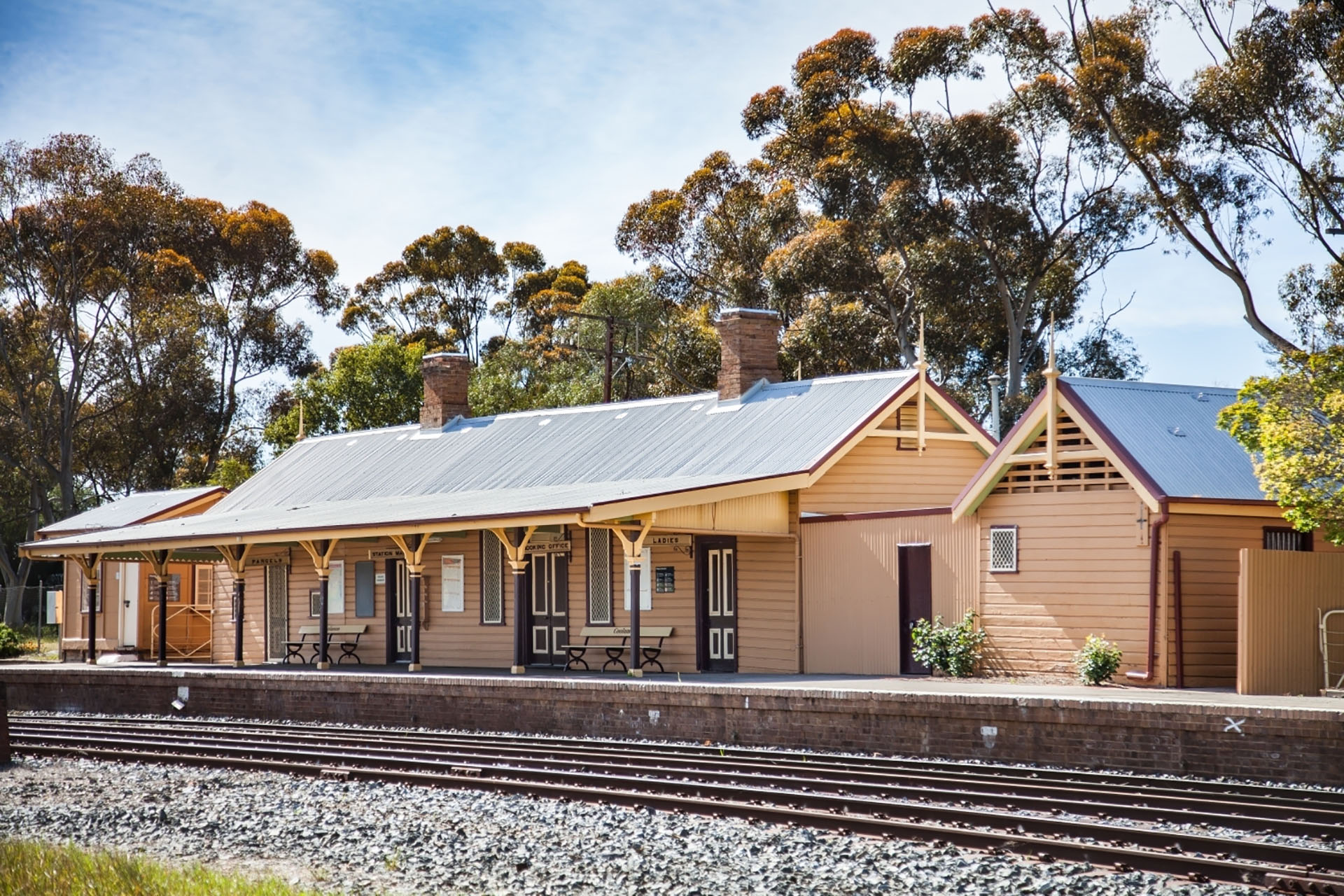For better or for worse, house prices are at an all-time high. This article isn’t about how we change that.
It’s about the hidden costs and inefficiencies of our housing markets, and how an emerging technology, Blockchain, is poised to transform the way we buy and sell real estate, and potentially much more.
Blockchain? Isn’t that just another word for Bitcoin?
Yes and no. Blockchain is arguably best known for enabling Bitcoin, the cryptocurrency made famous for all the wrong reasons. Bitcoin was the preferred currency for dealing drugs, arms and other illicit goods in the darknet-based Silkroad marketplace until the FBI forced its shutdown in 2013. While slowly gaining traction as a mainstream currency, Bitcoin still struggles to overcome this early infamy.
But the blockchain technology is fundamentally much more than the Bitcoin currency. Think of blockchain as the road, and Bitcoin currency as just one type of vehicle travelling on it. This blockchain road is capable of moving any kind of asset from one owner to the next.
How does blockchain work?
Blockchain extends the idea of a public ledger – a transparent record of all transactions. But, rather than store this information in a central data repository, which may be tampered with, blockchain is virtually impossible to manipulate as it is based on a distributed database – a set of separate computers possibly spread over a network of users that store and verify the database.
Each transaction creates data. When you buy a house (or car, artwork, BHP share, etc), there is new and unique information such as the purchase date, the price, the vendor, the agents and the transfer agreement. In a blockchain market, this data is bundled to form the ‘block’. These blocks are chained to each other sequentially using ‘hashes’, complex random algorithms generated at each transaction using the information stored in earlier blocks.
A block is only added to the chain if the hashes are identically replicated by all the key users in the distributed database. These users are called validators, or nodes, and are the key to blockchain ensuring the integrity of transactions in a distributed database.
If an earlier record were to be altered by one of the users in the network, say, rewriting history so that I would be recorded as the owner of your house, my hash would not match the others and so no fraudulent transactions can be added. The complexity of hashes means no individual node can determine what it should otherwise be. We don’t need to rely on the trustworthiness of intermediaries, repositories and individual computer networks. The technology is more secure.
Yet, the disruptive power of the blockchain technology goes even further. By ensuring the integrity of transactions and ownership, markets can completely decentralise. This means there are fewer intermediaries; we can cut back on those middlemen who increase the costs and time to complete a transaction.
What does a blockchain real estate market look like?
Firstly, every unit of property would be encoded with a unique identifier. Property IDs already exist in most land registry systems, so these would need to be migrated to a blockchain. Next, the blockchain ecosystem needs to have defined who the nodes are, those stakeholders that include the owner, lender, and government.
Properties that exist in the blockchain are termed ‘smart property’. Transactions of property are conducted via ‘smart contracts’ – digital rules in the blockchain that process the agreement and any specified conditions. Buying and selling could still take place via agents, or the smart contract can be advanced to incorporate sale rules and make this decision automatically. The blockchain for each property grows as transaction blocks are added.
A housing market without agents, conveyancers and a land-titles office may seem decades away, but a handful of countries have already piloted a blockchain land registration system. Sweden became the first Western country to explore the use of blockchain for real estate in July last year. At the time, the Swedish Land Registry tested how parties to a real estate transaction – the buyer, seller, lender, government – could track the deal’s progress on a blockchain.
The trial was so successful it is rumoured that a full-scale blockchain system could be up and running in Sweden by the end of 2017.
Other countries at the forefront of blockchain for real estate include the Republic of Georgia, Honduras and Peru. In these countries the long-term potential of a blockchain for real estate is most significant. Systemic corruption and insecure database management in these countries, and many other emerging economies, is seen as a major constraint on growth and prosperity. Why would you invest in a house, or any other asset, if there is a distinct possibility that the record of your ownership could disappear?
In Australia, our current land titles system is among the world’s best, but a range of hidden transaction costs increase market inefficiencies.
Blockchain makes real estate transactions cheaper, faster … and safer
For buyers able to find the right property, secure a mortgage and save a deposit, they must also pay for a range of so-called ‘hidden costs’ – additional payments associated with the transaction over the cost of the home. Many legal and title-related costs would become near obsolete.
The combined costs of title registration, title insurance, and legal fees associated with registering the property transfer approach $1000 on the average Australian house. Costs continue to rise as the prudent buyer undertakes further due diligence – building inspection documentation, previous sales records and so forth.
On top of the financial cost, it then typically takes over a month to settle a real estate transaction in Australia. The blockchain system can speed things up, as currently tedious manual checks move to an automated system.
There is also the risk that single database land titles offices simply get things wrong too. In 2016, it was reported that 300 incorrect certificates had been issued in NSW, with 140 of those being recent property buyers affected by government plans for major motorways in Sydney’s west. There are now concerns the system’s quality will be compromised in several states implementing land titles office privatisation plans.
With local real estate industry giants like CoreLogic appointing research teams dedicated to new technology applications, it might not be long before we see a real estate blockchain system in Australia.
Written by
Dr Danika Wright (BCom (LiberalStudies) (Hons.) ’07, PhD ’10)
Lecturer, Discipline of Finance
This article originally appeared in the University of Sydney Business School’s Magazine, Sydney Business Connect in April 2017.





